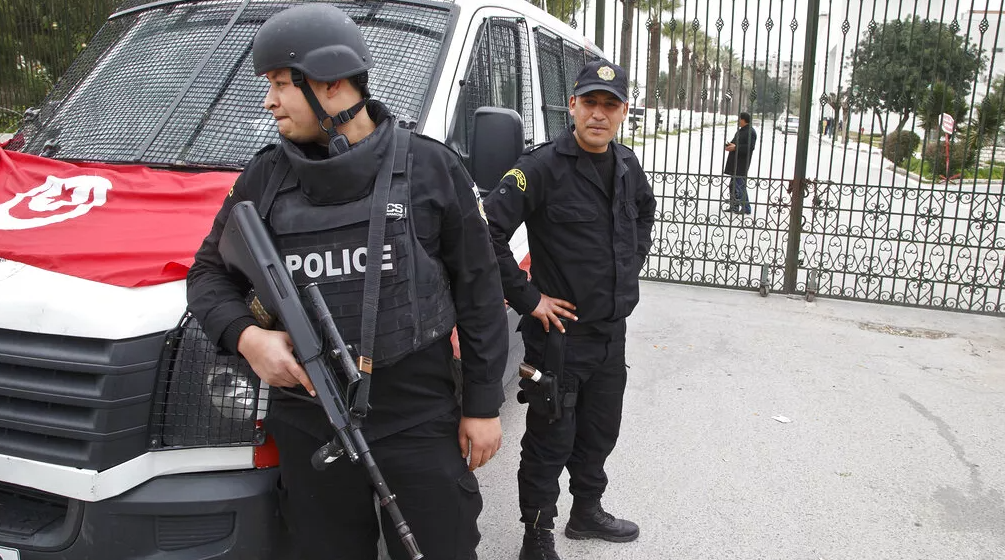Tunisia’s Journalist Crackdown: Both Tunisians and their foreign supporters are worried about the recent uptick in arrests in the country’s crackdown on dissenting voices. A number of activists, journalists, and attorneys have been detained as a consequence of the crackdown on perceived opponents that President Kais Saied’s administration has undertaken.
Famous people like French 24 cameraman Hamdi Tlili and activist Saadia Mosbah are among those held. Not only that, but attorney Sonia Dahmani was also taken into custody. Others, including as columnist Mourad Zeghidi and radio journalist Borhen Bsaies, were held in pre-trial detention, despite Tlili’s subsequent release without charges. They are believed to have distributed false information and undermined state security, in violation of cybercrime legislation. There is no conclusive evidence connecting Bsaies to these charges, according to his lawyer.
Press freedom is being attacked in a larger sense when critics of the government are accused of compromising state security. Reporters Without Borders is among the groups that have spoken out against the government’s authoritarian policies and the recent arrests.
These latest events highlight a disturbing pattern in Tunisia, where political arrests have been more frequent throughout President Saied’s tenure. This pattern has prompted worries among the country’s citizens and its foreign allies alike.
As a result of the arrests, the European Union—Tunisia’s principal trading partner—has expressed its solidarity with the Tunisian people by voicing unusual criticism of the Tunisian government. In a statement, a representative from the European Union emphasized that the foundation of their collaboration with Tunisia is the preservation of fundamental freedoms, including the freedom of expression, association, and the judiciary.
In a same vein, American officials have been in touch with their Tunisian counterparts to discuss the arrests and, more specifically, the detention of lawyers. Such measures are at odds with the fundamental rights protected by Tunisia’s constitution, according to State Department spokesman Vedant Patel.
When it comes to matters of regional security and migration, Tunisia is strategically important for the United States and the European Union.
Decree 54, a contentious cybercrime statute that has been used by authorities to pursue political opponents since 2022, was the legal basis for the most recent arrests. The bill and the arrests have been denounced by multiple groups, including the biggest trade union in Tunisia and its journalist affiliate.
The General Union of Journalists has strongly condemned the application of the law to limit free speech, calling it “a sword of Damocles hanging over the heads of journalists.” The imprisoned journalists are facing charges that, if proven guilty, could result in penalties and a maximum prison sentence of five years.
With the much-anticipated presidential election in the fall, these arrests have cast a shadow over the political landscape. Notable opposition groups are reportedly planning to boycott the election, further exacerbating the country’s tense political climate.



















